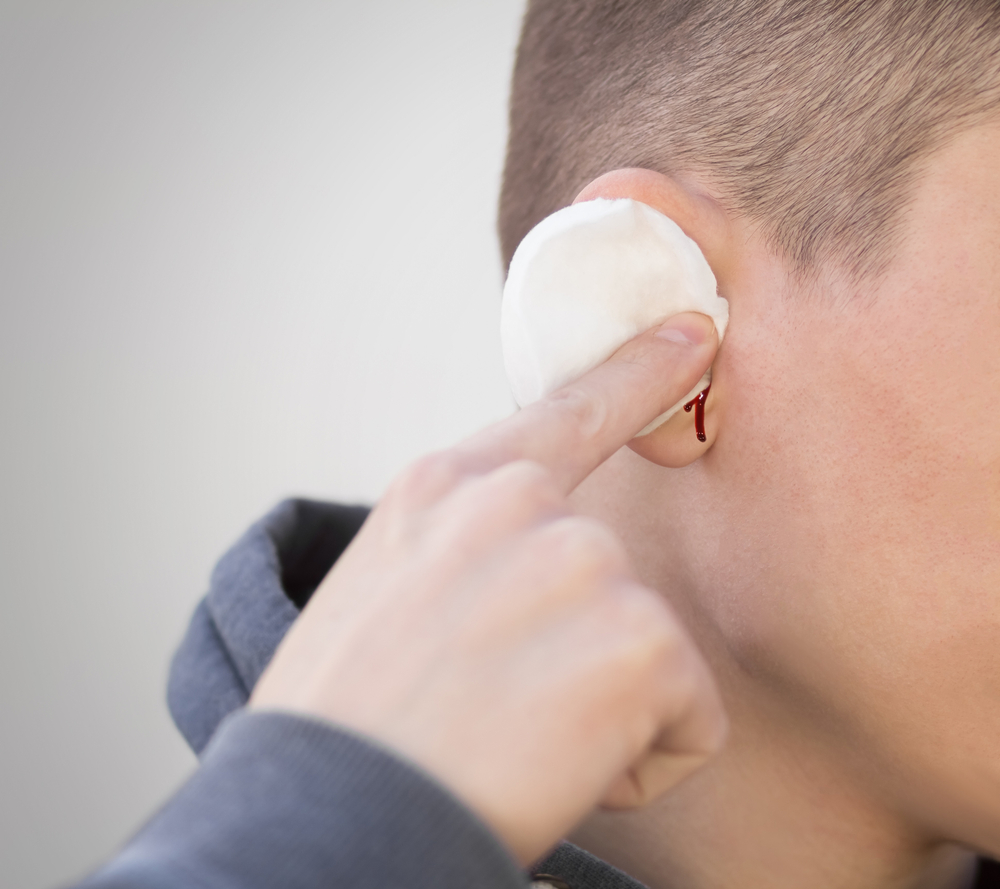One of the myths about hearing loss is that it can be remedied by increasing the volume of sounds. The truth is many people with hearing loss can hear a pin drop, but cannot make out specific frequencies, and that makes speech sound garbled. Given that 48 million Americans experience some level of hearing loss, it is important to understand how it affects them.
Types of hearing loss
- Conductive hearing loss is caused by a mechanical problem in the ear. It could be a congenital structural issue, or due to an ear infection or excessive wax buildup. In many cases, hearing specialists can treat the underlying condition to improve your hearing, and if necessary, recommend hearing aids to make up for any remaining hearing loss.
- Sensorineural hearing loss is more common and caused by problems with the tiny hairs, or cilia, in the inner ear. These hairs move when they sense sound and release chemical messages to the auditory nerve, which passes them to the brain for interpretation. When these tiny hairs in your inner ear are damaged or die, they do not regenerate. This is why sensorineural hearing loss is often caused by the natural process of aging. Things like exposure to loud noise, certain medications and illnesses can also lead to sensorineural hearing loss.
Symptoms of sensorineural hearing loss
It may help a little if people speak louder to you, but it isn’t going to completely address your hearing loss issues. Individuals with sensorineural hearing loss have trouble making out certain sounds, including consonants in speech. This may lead someone with hearing loss to the mistaken conclusion that those around them are mumbling, when in fact, they are speaking clearly.
The pitch of consonant sounds make them difficult to hear for someone experiencing hearing loss. Pitch is measured in hertz (Hz), and many consonants reach our ears at a higher pitch than other sounds. For example, a short “o” comes in at 250 to 1,000 Hz, depending on the voice of the person speaking. Conversely, consonants like “f” and “s” come in at 1,500 to 6,000 Hz. People with sensorineural hearing loss have difficulty processing these higher-pitched sounds due to the damage to their inner ears.
This is why simply speaking louder doesn’t always help. If you can’t understand some of the letters in a word like “shift,” it won’t make much difference how loudly the other person speaks.
How do hearing aids help?
You may be wondering how hearing aids help mitigate sensorineural hearing loss since they primarily amplify sounds. Hearing aids are placed in or on the ear, so sounds reach your auditory system without the interference you would typically hear in your environment and not where you can hear a pin drop
Your hearing is a complex system that involves your brain and ears. The brain takes the sounds it receives from your ears and tells you what they are. Any breakdown in this process and the brain can’t tell you what people are saying.
Specifically, hearing aids:
- Help your brain interpret which direction a sound is coming from
- Make it easier for you to understand speech in a noisy environments
- Improve your overall listening experience
If you find you have trouble understanding conversations in person or those on TV, don’t hesitate to visit a hearing specialist for an exam. Ignoring hearing loss can make it worse and greatly reduce your quality of life. Keep in mind, you are one of the millions of people dealing with hearing loss symptoms that affect their daily lives.
Don’t let the thought of wearing hearing aids stop you from purchasing them. More than 90 percent of respondents in a recent study reported their hearing aid performance was satisfactory to excellent.



